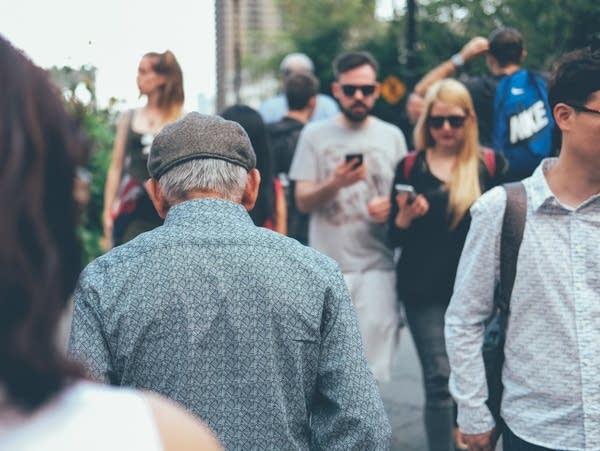How loneliness affects our health — and what we can do

Go Deeper.
Create an account or log in to save stories.
Like this?
Thanks for liking this story! We have added it to a list of your favorite stories.
Loneliness has been called an epidemic in American life. One in three Americans reported “serious loneliness” during the COVID-19 pandemic.
Loneliness can have profound impacts on our mental and physical health. And the problem can be particularly difficult for older adults. One study found that nearly half of seniors feel lonely on a regular basis. That can increase their risk of dementia, depression and early death.
One of the common factors contributing to loneliness among older adults is hearing loss. Studies have linked hearing loss with increased isolation and cognitive decline.
Guest host Chris Farrell explored the causes of loneliness, how it affects us and what we can do about it.
Guests:
Noreena Hertz is an economist and author. Her latest book is “The Lonely Century: How to Restore Human Connection in a World That’s Pulling Apart.”
Justin Golub is an associate professor at Columbia University in New York.
Bill Gross is the assistant director of special programs for SAGE, which provides services for LGBTQ older adults.
Turn Up Your Support
MPR News helps you turn down the noise and build shared understanding. Turn up your support for this public resource and keep trusted journalism accessible to all.


